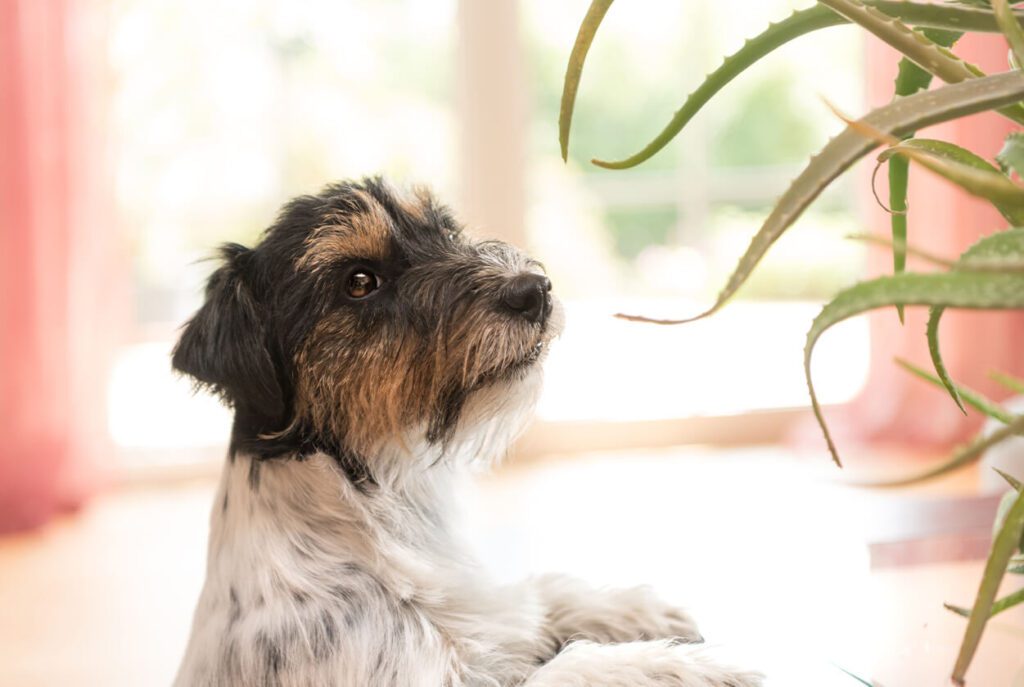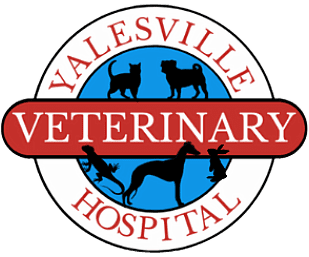Avoidin Toxic Household Plants for Your Pet

As a devoted pet owner, ensuring the safety and health of your pets is a top priority. That’s why we’re focusing on a vital topic in this blog: the toxic plant pet list. Understanding which common household plants are harmful to your pets is essential. This article aims to guide you on keeping your beloved animals safe from potentially dangerous plants. If you’re in Yalesville, Connecticut, and have concerns or questions about your pet’s health, Yalesville Veterinary Hospital is here to help. Feel free to reach out at (203) 265-1646 for expert advice.
The Hidden Dangers in Your Home
Many common household plants, while beautiful, can pose a threat to pets. Cats and dogs, curious by nature, might nibble on plants that are toxic to them, leading to various health issues. Being aware of these plants and keeping them out of your pet’s reach is a simple step to protect them.
Common Toxic Plants
Some of the most commonly found toxic plants include:
- Lilies: Extremely toxic to cats, even small amounts can cause severe kidney damage.
- Aloe Vera: While beneficial for humans, it can cause vomiting and diarrhea in pets.
- Ivy Varieties: Plants like English Ivy can lead to drooling, vomiting, and diarrhea.
Taking a walk through your home and garden to identify these plants can make a significant difference in your pet’s safety.
Symptoms to Watch For
If your pet ingests a toxic plant, they might show symptoms like:
- Vomiting: A common first sign of plant toxicity.
- Diarrhea: Can occur with or without vomiting.
- Lethargy: A sudden lack of energy or interest in activities.
If you notice any of these signs, it’s important to contact Yalesville Veterinary Hospital immediately for guidance.
What to Do in Case of Ingestion
If you suspect your pet has ingested a toxic plant, try to identify the plant and call your vet right away. Quick action can make a big difference in your pet’s recovery.
Pet-Safe Alternatives
Consider replacing toxic plants with pet-friendly options. Some safe choices include:
- Spider Plant: Non-toxic and easy to maintain.
- Boston Fern: Safe and adds a lush green touch to your home.
- African Violet: Offers beautiful flowers without the risk.
Creating a pet-safe environment doesn’t mean sacrificing greenery in your home.
Creating a Safe Space
Ensure your plants are out of reach or in a separate room. Regularly check new plants for safety before bringing them into your home.
Professional Guidance and Care
At Yalesville Veterinary Hospital, we’re dedicated to the health and happiness of your pets. If you have any concerns about plant toxicity or your pet’s health, please call us at (203) 265-1646. Our team is ready to provide the support and information you need to keep your pet safe and healthy.
Contact Yalesville Veterinary Hospital
If you’re worried about potential exposure or just want a routine check-up, scheduling a visit can provide peace of mind. We’re here to help with all your pet care needs.
By staying informed about toxic household plants, you play a crucial role in ensuring the safety of your pets. Keep this toxic plant pet list handy, and don’t hesitate to contact Yalesville Veterinary Hospital at (203) 265-1646 for any assistance. Your pet’s health is our priority, and we’re here to support you in providing a safe and loving environment for them.
